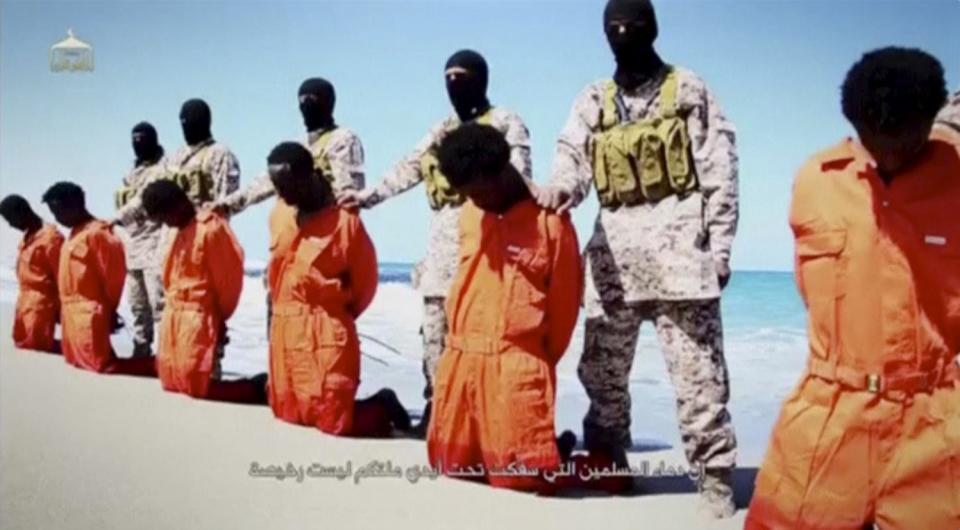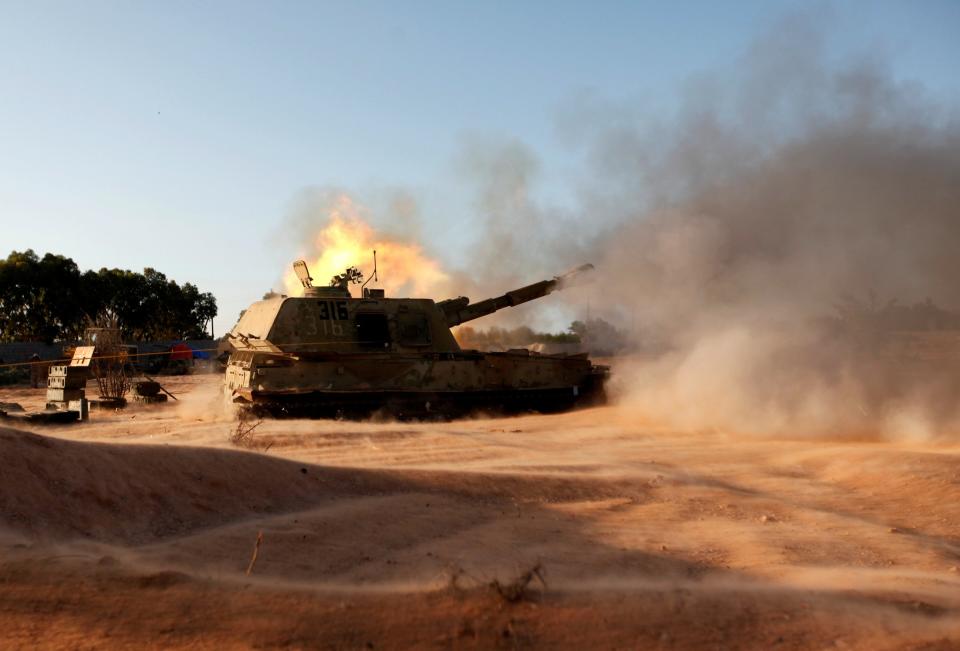Top ISIS leader's death may not spell the end for the terrorist organization

Henry Jackson Society
The death of Islamic State’s chief propagandist, Abu Muhammad al-Adnani, has removed the group’s most valuable figure in its war against the west, but his demise does not mean an end to the carnage.
Over the past two years, Adnani has set in motion a phase of the terror group’s growth that will continue to give it lead billing among the threats to Europe and the US. The people he empowered and the structures he put in place mean the menace of Isis will continue without him.
Since 2014, Adnani had been the voice who galvanised so-called lone wolves to launch attacks. He had also overseen the deployment of some of the group’s most lethally trained operatives, many of whom have been sent to Europe to wait for instructions to launch more co-ordinated missions, like those that struck Paris and Brussels.
Global savagery had become Adnani’s calling card. Operating with more autonomy than most other leaders, he had ensured the group could still make its mark even as the territory it held shrank rapidly.
The foreign operations file was given to him by the Isis leader, Abu Bakr al-Baghdadi, in as early as 2014. By then he was already the group’s leader in Syria, one of two centres of gravity for Isis, the other being Mosul in Iraq.
The heady early months of Isis’s rise kept Adnani focused on consolidating gains in Syria until mid-2015, by which time land it held in both countries was being steadily stripped from its control. Population groups had started to flee en masse, many leaving for Europe on the migrant route, and out of chaos, Isis, led by Adnani and Baghdadi, sensed opportunity.
Adnani, as well as another senior Iraqi member of the group, was responsible for smuggling militants disguised as refugees to Europe. Intelligence services in the UK, France, Germany and elsewhere believe the number of operatives to be at least 200. The fraught job of tracking the whereabouts of militants who left their home countries for Iraq and Syria has left European spies fearing the actual number may be substantially higher.

Henry Jackson Society
Since late last year, Adnani had spent much of his time plotting attacks abroad. He is believed to have had direct links to the Paris cell and is also thought to have had a hand in Brussels and the strike on Istanbul’s Atatürk airport in June.
By then the group had lost an estimated 35,000-50,000 of its fighters, many of them jihadis who had travelled to join them. A stock take of the group’s fortunes makes for grim reading for those who remain.
More than 10 senior members of its two organising bodies, the shura and military councils, have been killed by airstrikes in the past 18 months. The toll on more junior members – mid-ranking commissioned officers in military terms – has been substantially higher.
What to make of morale within the group is exercising military and intelligence chiefs ahead of what they believe will be a defining push against Mosul mooted for early next year. With Iraq’s national army making surprising ground from the south and the Kurds holding positions to the north, and victories in three other Iraqi cities already up their sleeve, Mosul appears to be a less formidable target than it was a year ago.

Henry Jackson Society
Isis’s days as a standalone military force appear numbered. However, the group’s ideological appeal is harder to defeat in a region that continues to offer little political buy-in for disenfranchised Sunni Muslims. A large part of Isis’s appeal, even among communities that do not share its implacable take on Islam, is that it offers support in the absence of any other organised system.
Adnani was one of the last last leftovers of the original alumni that had adopted a de facto role as protector of the region’s Sunni Muslims. He was among the few surviving leaders with personal links to the group’s founder, Abu Musab al-Zarqawi, who moulded the most ruthless group of modern times from the resentment that steamed from the ousting of Saddam Hussein.
Military men who had lost all when the Iraqi dictator fell were central to all subsequent incarnations of Isis. They blended their own strategic calculations with the zealotry of the Zarqawi’ists, laying the ground for Isis’s success and in doing so creating the most capable enemy that the west has seen for decades.
Adnani had championed an expansion of Isis at any cost. His legacy will be written far from the northern Syrian town of al-Bab where a suspected US airstrike finally caught up with him.
NOW WATCH: A dentist reveals the most effective way to whiten your teeth
See Also:

 Yahoo Finance
Yahoo Finance 
